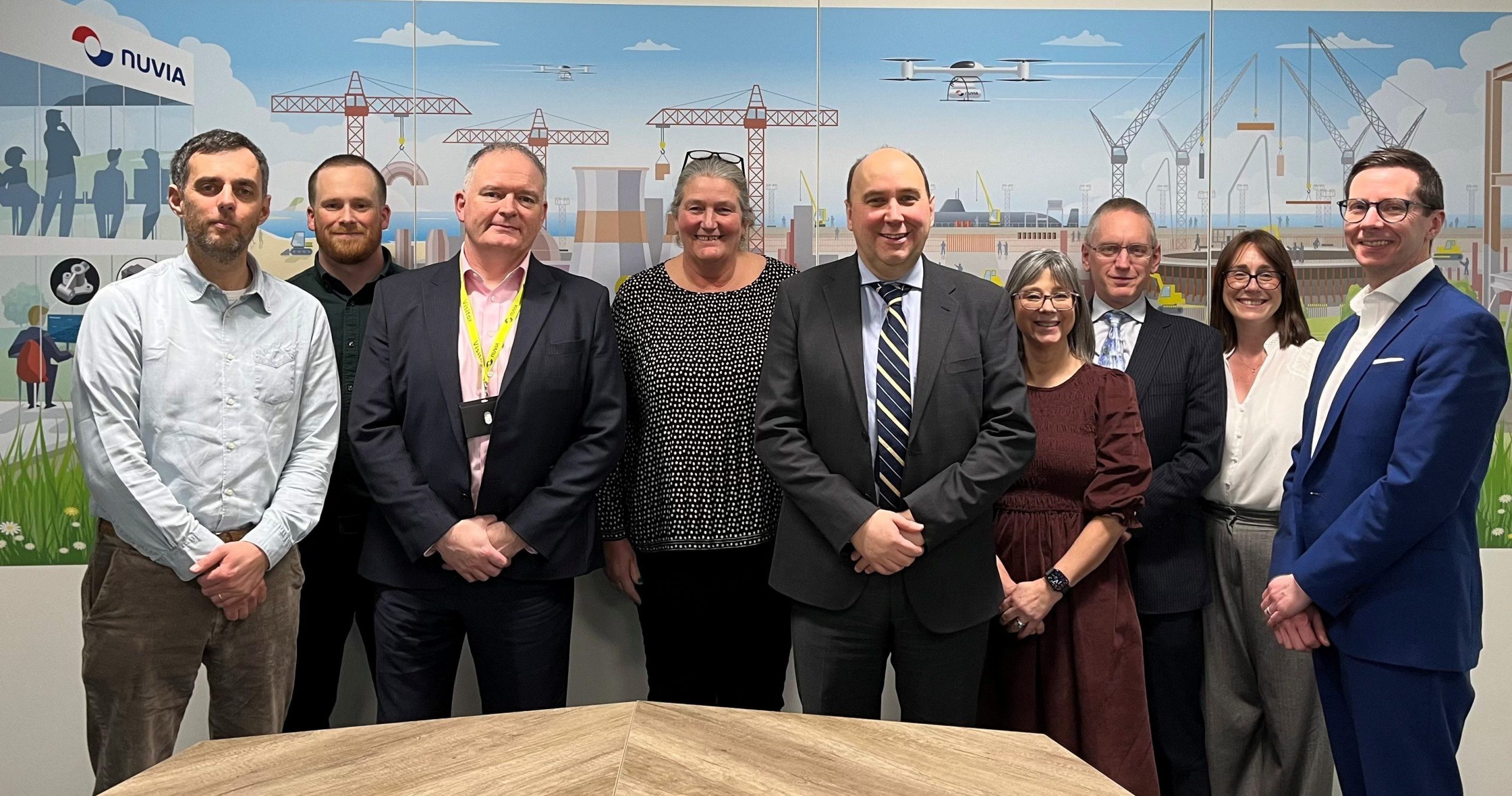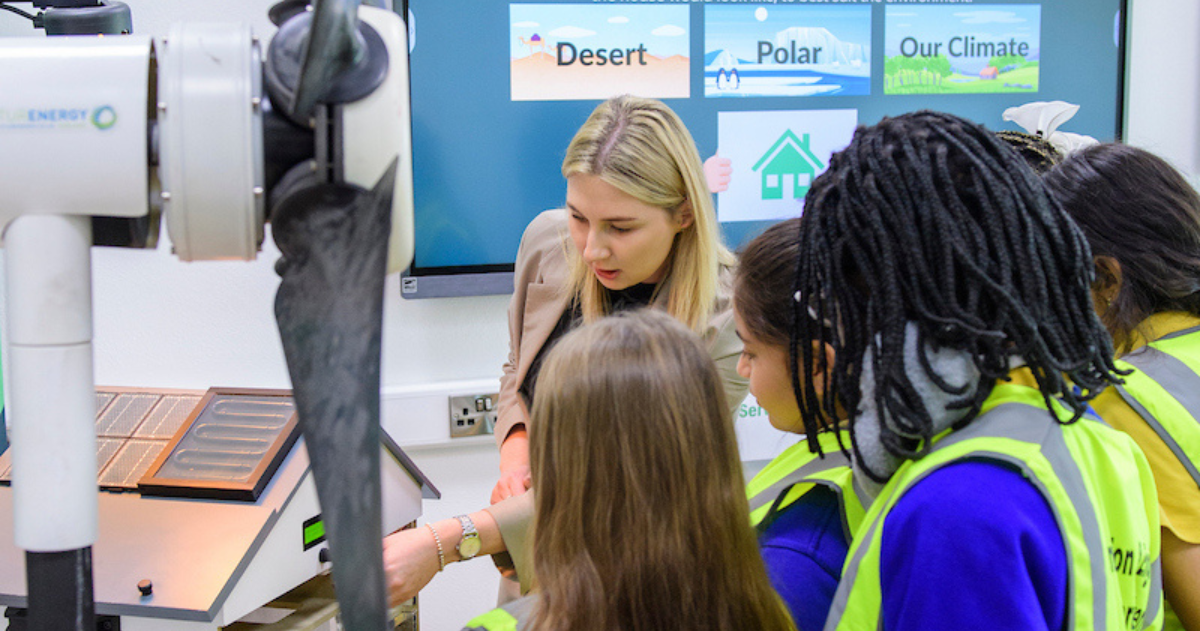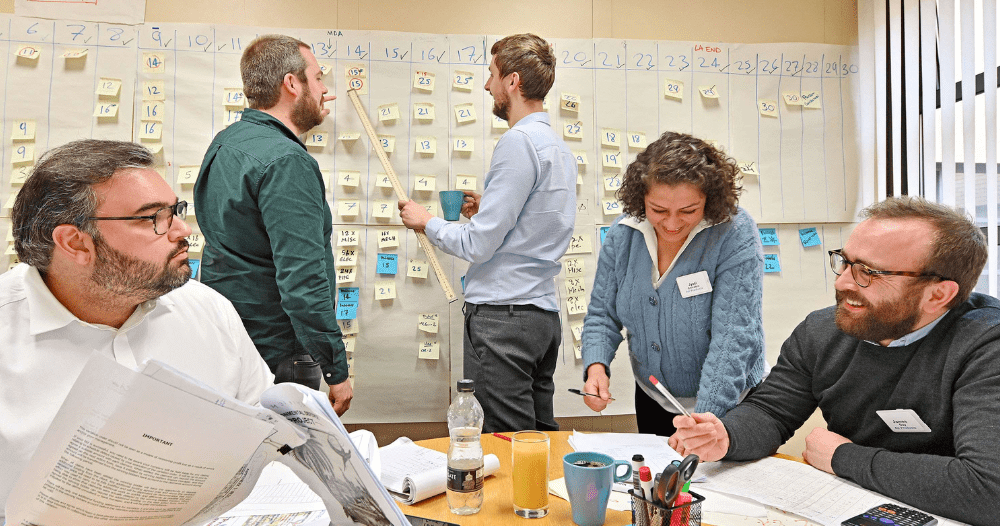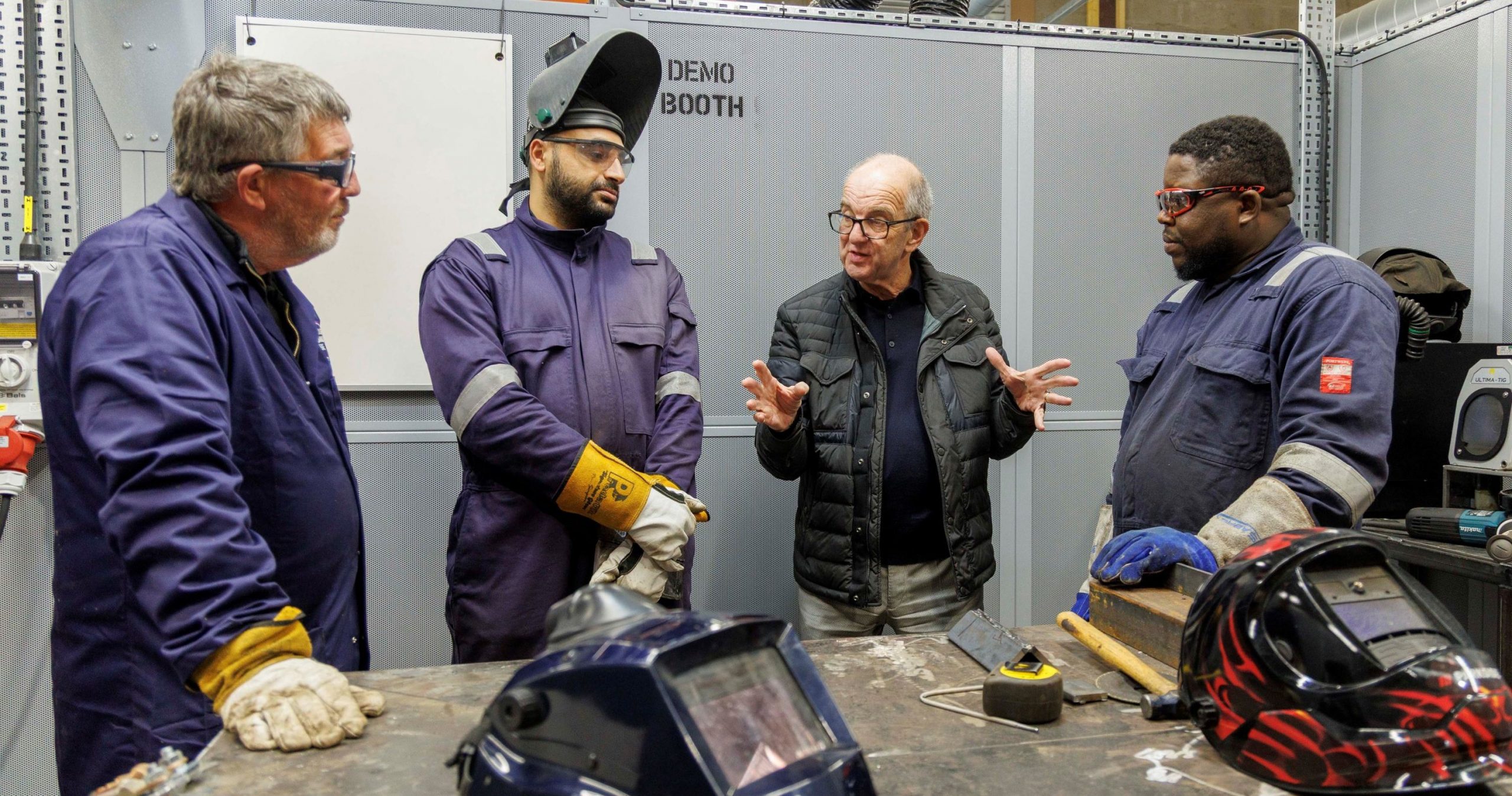It is currently Green Careers Week. We explore what a “green career” is and whether these exist in the engineering construction industry.
Any career path that aids in the transition to net zero could be considered a green career. Yet some industry sectors are viewed as anything but green. How can there be a green career in engineering construction when some of our industry sectors have historically contributed to carbon emissions on a significant scale?
The simple answer is a lack of understanding.
Before we examine the need to break down any misconceptions and barriers that surround some of the vitally important green careers needed to unlock net zero, we first need to understand what net zero really means.
Net zero in a nutshell
Net zero is the point at which we are no longer adding to the total amount of greenhouse gases in the atmosphere.
Greenhouse gases include carbon dioxide (CO2) which is released when oil, gas and coal are burned to meet the ever-growing demand for energy.
These gases increase global temperatures by trapping solar energy.
The emphasis on social conscience and climate awareness has grown over the last half-century and there is now agreement across many of the world’s governments to take positive action towards reducing these emissions.
To achieve this, scientists said that net zero CO2 emissions should be reached by 2050.
The Engineering Construction Industry is responsible for the design, delivery, repair, maintenance and decommissioning of some of the UK’s most important infrastructure.
Our employers work across oil and gas, nuclear and renewables, as well as other major process industries including chemicals, pharmaceuticals, food processing, water and waste treatment.
Engineering construction – a key driver to tackle climate change
Engineering construction will be a key driver for change as the UK makes serious progress towards the energy solutions needed to tackle climate change. It will be central to the creation of carbon capture plants and hydrogen production which are vital parts of the net zero journey.
Reduction in carbon emissions needs to happen across all stages of the industrial supply chain, from consumption to the production processes involved.
The ability of the industry to effectively manage its carbon footprint is fundamental to its ongoing success.
For industrial facilities, emission reduction through efficiency measures or electrification using renewable power followed by decarbonisation through carbon capture facilities are pivotal to carbon footprint management.
It is important to remember, however, that not all carbon emissions can be reduced to zero. Offsetting is the term given to the active removal of residual greenhouse gases from the atmosphere, such as through tree planting and emerging technologies such as direct air capture.
ECITB – supporting industry on the path to net zero
Net zero thinking is becoming embedded across the engineering construction industry and the everyday activities of the ECITB. From engagement with government and other stakeholders, through to developing and updating training standards or delivering careers talks to those interested in a career in engineering construction, net zero is an integral element.
The ECITB is working with government and employers to support the aims of the Green Jobs Delivery Group by helping to identify new workforce demand, and skills requirements and put in place actions to deliver these.
Industrial Clusters are areas of heavy industrial activity where there is a collective focus on reducing emissions. The ECITB is working with employers and training providers in these areas to understand local skills needs and helping develop and deliver programmes to support the journey to net zero. Examples of our work in these areas include delivering Work Ready Programmes and targeted scholarships with real employment opportunities at the end.
Other ECITB net zero activities underway or in development include:
Collabor8 podcasts – we speak to industry experts at the forefront of energy transition to examine challenges and explore solutions. Covering a range of topics from key technologies that can enable industrial decarbonisation, to regulation and policy development and the skills required to help drive net zero.
Carbon Literacy – provides foundation-level training in carbon literacy to the ECI workforce to support employers’ net zero obligations.
Net Zero Grant Fund – supports workers in traditional engineering construction sectors transition into emerging low-carbon industries or evolving roles in the drive towards net zero. In 2023, the fund will make around £300,000 available for learners from ECITB member companies to access grants towards net zero related training.
Read more on ECITB’s work to support industry on the path to net zero
People are the answer to a greener future
A great frustration with the energy transition and net zero, is that if it is to be truly sustainable and not disrupt infrastructure, it will be slow and methodical.
Industry is achieving great strides towards this goal. With new approaches to processing, the elimination of waste products and the deployment of carbon capture, utilisation and storage (CCUS) the journey is well underway.
But barriers remain. As long as there is a perception that careers in engineering construction cannot support and even ensure the delivery of net zero and a better future, we will not be able to attract and retain the number of skilled workers required to achieve a sustainable, greener tomorrow.
The one inalienable truth is that people are the answer to solving this problem. We need to make sure we have the technical skills to deliver on the UK’s clear commitments to decarbonise existing industry, to build new hydrogen, nuclear and carbon capture facilities as well as the project management capability to work in a more collaborative, connected way.
Green careers in engineering construction
So, what does a career in engineering construction look like and how can it play an active role in helping us achieve net zero?
Many engineering construction professionals work on superstructures ranging from wind farms to refineries to nuclear power stations, designing and installing new energy solutions.
Careers can be directly related to delivering new energy solutions such as the role of a Wind Turbine Technician, or a Renewable Energy Engineer. However, there are many other roles across engineering construction that play a huge part in the design, construction, and maintenance of new energy, and low-carbon solutions such as project managers, pipefitters, welders, electrical and mechanical engineers and technicians.
Technicians and graduate-level engineers usually work both in offices and on-site, they may even work offshore. Conditions can be challenging, so safety is vital, but just imagine how it must feel to look at such a structure and know that you helped to create it.
There are green careers in engineering construction and having a diverse workforce is essential to drive the innovation and diversity of thought needed to achieve net zero and deliver what will be the greatest undertaking of the 21st century.
Find out more about engineering construction careers and new entrant programmes





